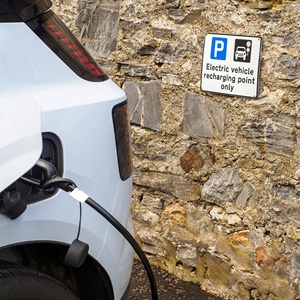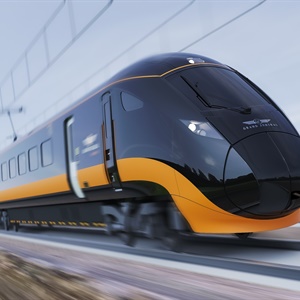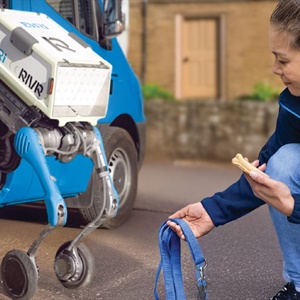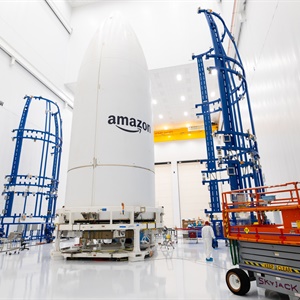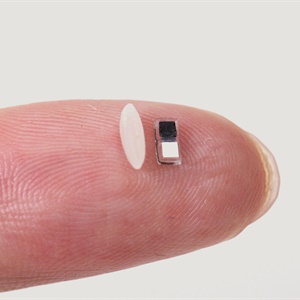‘World first’ 3D-printed railway station assembled overnight in Japan
A new 3D-printed train station was constructed in just six hours in what railway operators are calling a ‘world first’. The installation took place in the rural town of Arida, Japan, between the departure of the last train and the arrival of the morning’s first. The project was a collaboration between housing company Serendix and the West Japan Railway Company. A compact, white curved-roof structure measuring 2.6 metres high and 6.3 metres wide has replaced a 75-year-old wooden structure. The West Japan Railway Company said a traditional construction would have taken more than two months and cost twice as much. The station’s foundations and exterior parts were pre-printed at Serendix’s factory in seven days. The parts were also reinforced with steel and a concrete cleat filling. Serendix…















